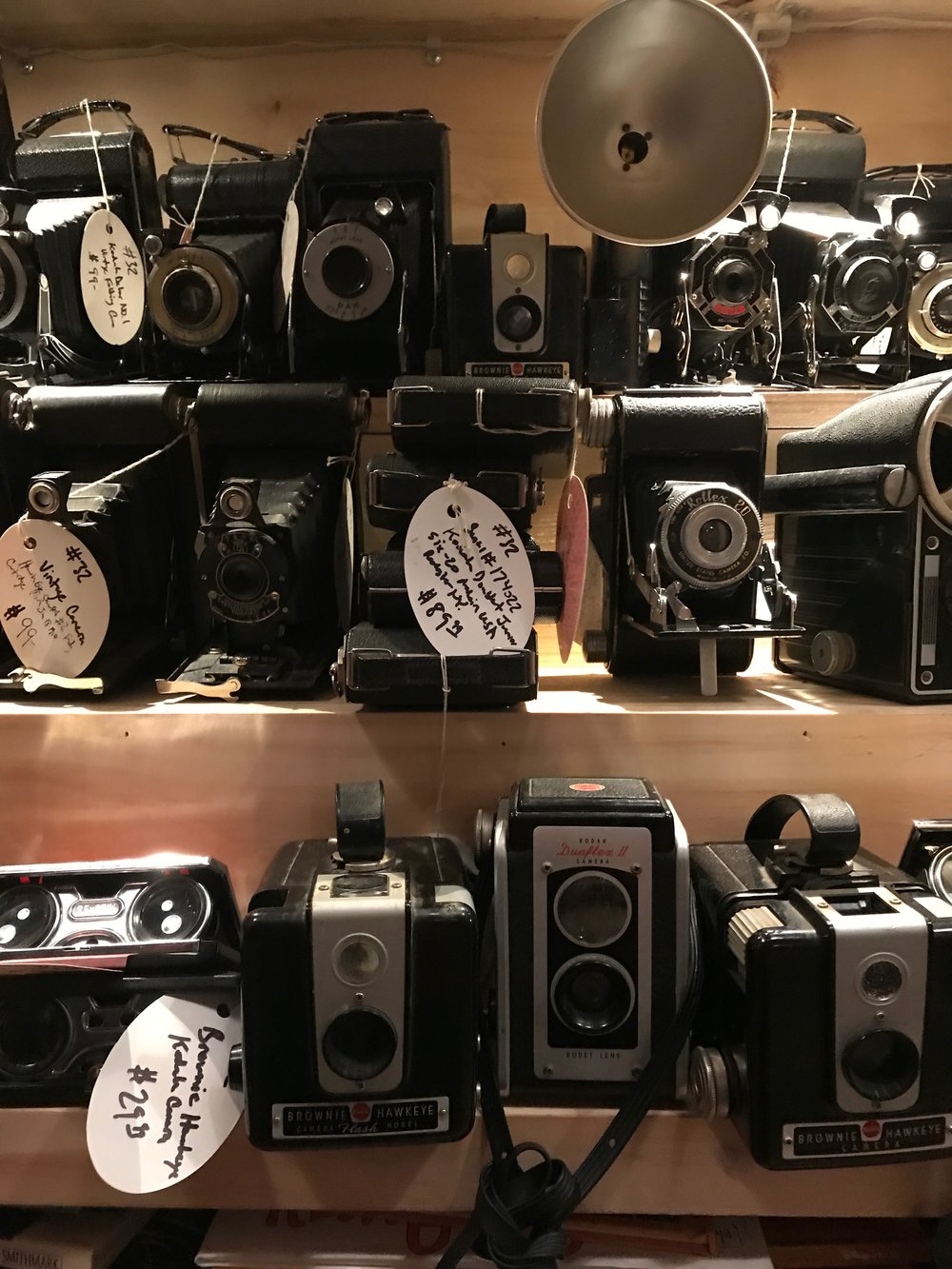Inspiration abounds. The fall season in the northeast profoundly influences my thoughts about possibilities. Seeing the bold color shift to saturated yellows, oranges, and reds encourages me to seek change.
Last week, I wrote about my guest bedroom makeover. I considered what was possible, turned those ideas into reality, and was motivated to make more changes.
I made additional unplanned tweaks and changes that were outgrowths influenced by the bedroom project. When you disrupt an area, physical space, and objects are moved. This spatial churning also affects thoughts. Undoing what was in one room opened my mind to seeing and experimenting in other areas.
Sometimes, you feel set and don’t have the need or desire to change anything. Those times can last for brief periods, months, or years. At a point, though, something will interrupt that state. You are ready to try something different, reorganize systems, or make significant life shifts.
Possibilities infiltrate your thoughts. When possibilities are paired with action, change occurs.
3 Unexpected Outcomes from Possibility Thinking
1. Discover Giddy, Joyful Ease
I’ll admit this openly: I love decorative pillows. They’re textural and colorful and instantly change the look of a room. Typically, I have no less than five pillows adorning the sofa or beds.
As you might imagine, keeping the pillows fluffed and arranged can be a pain. Plus, you need extra time to undo and make the beds—pillows off, pillows on. However, I was happy to do the pillow maintenance dance because I loved how they looked and felt. I was willing until recently.
When I transformed the guest bedroom, I rethought the decorative pillow arrangement on that bed. That encouraged me to reconsider the pillow situation in our bedroom. I’m almost embarrassed to say, but we had ten pillows, only two of which we used for sleep. As I write this, I’m laughing out loud. I never counted them up before. Ten pillows are ridiculous.
My supportive husband has always accepted my pillow obsession but recently started questioning their necessity. Between his input and my desire to reimagine other areas of our home, I felt emboldened to change things.
Our bed now has only four sleep pillows and one decorative pillow. I feel giddy, even joyful, when I undo the bed at night or make it in the morning. It’s so easy that it almost feels wrong. I love it!
It took a change in one room to open my mind to possibilities in other areas. The wheels continue to turn.
“When you release what is unnecessary, you clear the path for possibilities.”
2. Create Organization and Accessibility
One of the most fabulous products I discovered during the bedroom renovation was the Elfa® drawer dividers. We redid the guest bedroom closet with an Elfa® system from The Container Store. The designer suggested using the drawer dividers. I loved them so much that I purchased more for other areas where I have Elfa® drawers.
I showcased them in the tea bag overflow drawer a few weeks ago. Since then, I decided to reorganize the gift wrap supply drawers using the dividers. Instead of the gift bags, tags, ribbons, and other supplies moving around each time I opened a drawer, the dividers keep items better organized and securely in place.
Since the drawer organization upgrade, I’ve wrapped a few gifts. It was so easy and fun! The supplies are more visible, accessible, and visually pleasing.
Enjoy this fun video, which demonstrates how easy the drawer dividers are to install.
3. Right-Size Your Stuff
I often discuss how letting go of things that have overstayed their welcome makes space for more of what you want in your life. Clutter or extra stuff you never use takes up physical and emotional space. When you release what is unnecessary, you clear the path for possibilities.
When we emptied the guest bedroom, it gave me pause to assess the removed items and make decisions about their future. I did ‘the edit’ and engaged in various questions to help me evaluate what to keep or let go. I asked letting go questions, including:
Does this fit or belong in the newly reimagined space?
Will I use it?
Do I still like it?
Could it go somewhere else?
Is it time to let it go?
Has it served its purpose and is no longer necessary?
I made decisions. Cardboard storage boxes were recycled and replaced with new containers. Some furniture, art, home goods, boxes, and decorative pillows (yes, those!) will be sold or donated.
Currently, I still have a pile of items waiting to be gone. Getting them out requires my time and attention. Using Facebook Marketplace, GreenDrop, or the Buy Nothing Group, things will exit. I am confident in my decisions and ready to release things.
This process began with thinking about possibilities in one space and resulted in letting go of things that are no longer needed. It feels good and will feel even better when the pile is gone.
What Possibilities Are Ahead?
What no longer works for you? What becomes possible with a slight tweak? What possibility will inspire more organization and ease into your life? How can letting go create a path for new opportunities? I’d love to hear your thoughts. I invite you to join the conversation.
Are you ready to move forward, get organized, and live with more ease? If so, I’m here to help. Please email me at linda@ohsorganized.com or call 914-271-5673. Turning possibilities into reality is achievable, especially with support.














